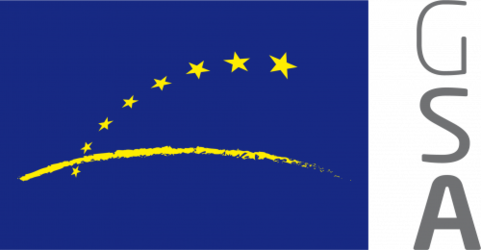US and European navigation systems combined to improve performance and quality of services
A US/EU working group designed to enhance cooperation for the next generation GPS and Galileo has recently completed an assessment of the global, combined performance for GPS Space –Based Augmentation System (SBAS) receivers using the European Geostationary Navigation Overlay Service (EGNOS) and the GPS Wide Area Augmentation System (WAAS) supporting safety –of-life applications.
The results confirmed improved availability for a wide range of aviation services in both hemispheres, and significantly improved robustness to GPS satellite outages with a fully interoperable capability.

The working group also completed an assessment of receivers integrating planned interoperable GPS III and Galileo open civil services. The studies demonstrate and quantify the improvements that can be expected when using GPS and Galileo open services in combination under different environmental conditions. In all studied cases, the combination of GPS and Galileo led to noteworthy performance improvements as compared to single system performance. The most significant improvement is for partially obscured environments, where buildings, trees or terrain block portions of the sky.
These joint studies are undertaken under the auspices of the EU/US 2004 agreement on the Promotion, Provision and Use of Galileo and GPS Satellite-Based Navigation Systems and Related Applications. The findings of the working group highlight the complementarities and added benefits provides to the GPS services by EGNOS and Galileo. EGNOS and Galileo are joint initiatives of the EU and ESA. ESA acts as design and procurement agent. ESA also had overall responsibility for the design and development of the EGNOS system.
More information about the working group, its results and the outcome of the US/EU consultations are available from the links on the right. These papers will be presented at the fifth meeting of the International Committee on Global Navigation Satellite Systems (ICG), jointly organized by the European Union and Italy in Turin, Italy on 18 - 22 October 2010, and distributed to industry and international standards bodies.





